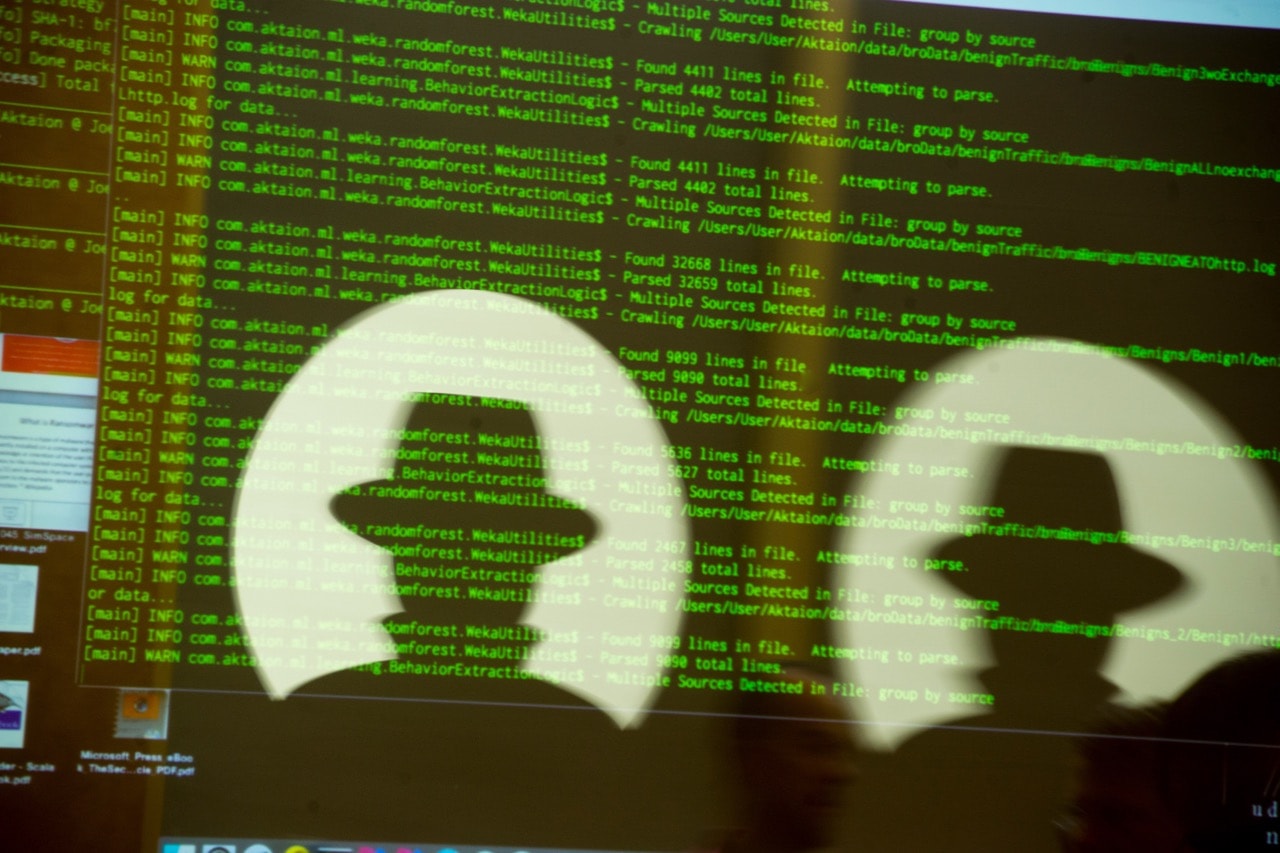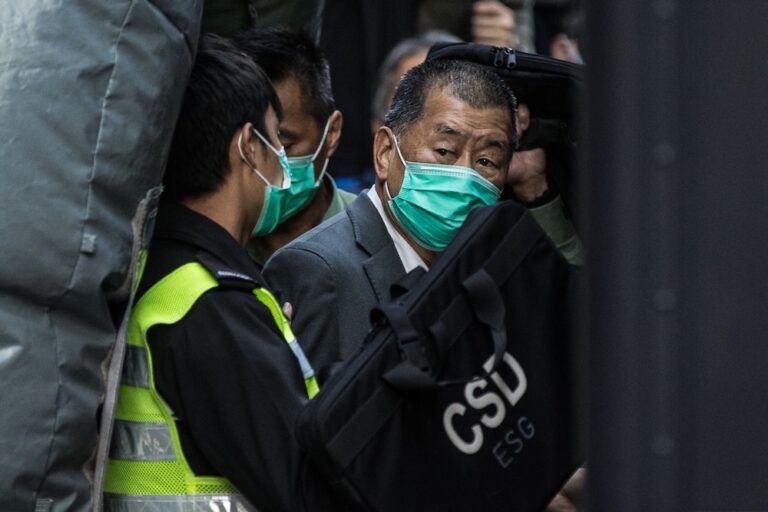Organisations express concern to the UN HRC about the growing crackdown by states on secure digital communications, including encryption and technologies that enhance anonymity and confidentiality.
This statement was originally published on apc.org in March 2018.
Oral statement delivered under Item 3: General Debate, UN Human Rights Council 37th Session, 9 March 2018
Delivered by Deborah Brown (APC)
Thank you, Mr. President.
This statement is on behalf of the Association for Progressive Communications (APC), ARTICLE 19, IFEX and Privacy International. Our organisations are gravely concerned about the growing crackdown by states on secure digital communications, including encryption and technologies that enhance anonymity and confidentiality. This crackdown violates states’ human rights obligations, seriously undermines the safety of human rights defenders, and contributes to the shrinking of civic space.
These threats come in many forms:
– States are demanding “backdoors” to encryption through legislation and extralegal measures, enabling them to access private communications when they believe they are justified in doing so. Backdoors have a widespread and indiscriminate impact, and expose all communications to potential compromise by malicious actors.
– Some states engage in hacking for surveillance purposes, a highly intrusive tactic with the potential to undermine the security of users. Companies that do not disclose vulnerabilities in a timely and responsible manner enable such exploitation.
– States also carry out targeted hacking of human rights defenders and journalists, by deploying spyware, as the Special Rapporteur on human rights defenders found in his recent visit to Mexico. They also restrict the imparting of technical expertise on the false premise of nefarious motives. For example, in Turkey, two individuals were arrested on terrorism charges after sharing knowledge on secure communications with human rights defenders.
The HRC has recognised the importance of secure and confidential digital communications for the enjoyment of human rights, and called on states not to interfere with the use of encryption.
States should adopt policies that provide comprehensive protection for the use and development of encryption and anonymity-enhancing technologies. We call on the Council to reinforce the obligation of states to promote secure digital communications, and to monitor efforts by states to restrict or compromise the use and development of tools that enable digital security.
Thank you, Mr. President.



